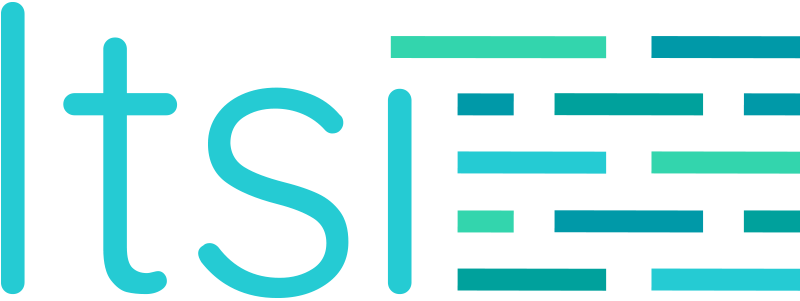New LTSI Kernels are released every year, and the followings are the step by step process of LTSI Kernel Development.
Before the release, there are a few steps developers are required /encouraged to go through. The followings are the descriptions of each steps.
New LTSI Version Announcement
The Kernel version that will eventually become LTS/LTSI will be selected by Greg Kroah-Hartman and announced once a year, the timing of the announce varies every year depending upon the situation of the Kernel development. The announcement will be made through LTSI mailing list , LTSI website and LTSI Twitter (@LinuxLTSI).
At the announcement, LTSI Project will provide the formal development schedule of the year.
Thus, developers are encouraged to start preparing for submitting patches to LTSI or even make sure to upstream the patches that they wish to back-port eventually to LTSI Kernel.
Preparation Period
Typically, LTSI will take 4-6 months of “Preparation Period”.
In 4-6 months, there would be 2-3 more new mainline Kernel would be released. So the companies and developers will have a change to merge the code in the upstream Kernel, that would eventually back-ported to LTSI Kernel.
Merge Window Period
Then LTSI opens up the Merge Window for one or two months.
During this period, the developers are required to submit patches (new features, divers and fixes) to LTSI over the mailing list. Ideally all LTSI patches should come from later released kernel or at leased Linux-next tree to secure community review, however exceptions can be accepted if the patches are 1) beneficial to wide range of users, 2) projected to be upstreamed near future,
Validation Period
Finally, LTSI will take a month of validation period.
ALL developers who submitted patches are required to participate to this validation process, and fix their patches if there is anything happened.
Formal Release & Patchwork
LTSI-dev ML is now able to track through patchwork
Patchwork (http://jk.ozlabs.org/projects/patchwork/) is an open source software that tracks patches posted in mailing lists for development use. This tool is also utilized in sub-system mailing lists such as LKML, and is available at the following link – https://patchwork.kernel.org/.

